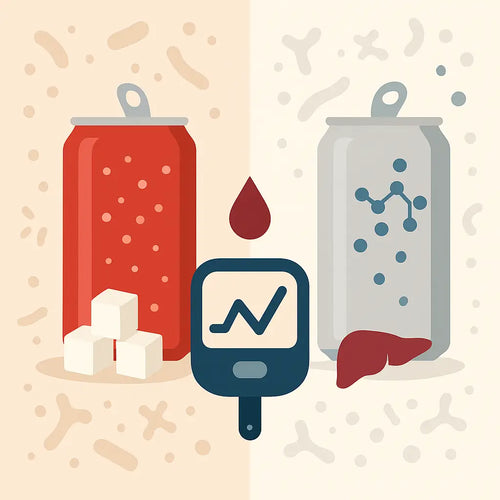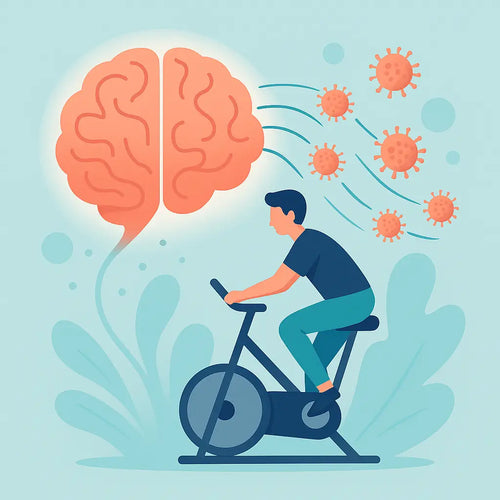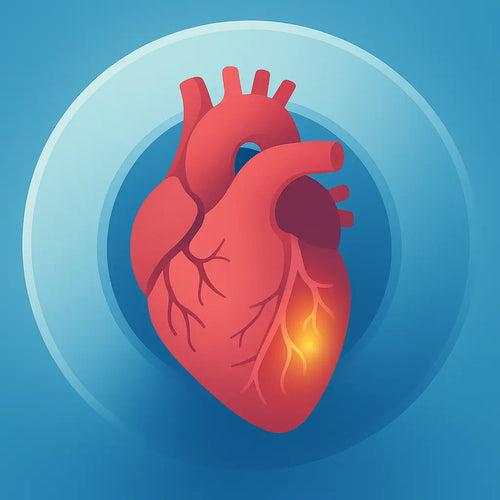We tend to think of the gastrointestinal tract as related to digestion and absorption of food, electrolytes and the regulation of the water balance (homeostasis) in the body.
This is no doubt correct, but we are discovering that it is also much more than that.
One very important function is to regulate what’s let through the gastrointestinal barrier.
We don’t want to absorb just about anything.
I think everybody would agree that it would not be healthy.
What happens if we absorb particles over the intestinal wall that the body is not designed to handle?
The body would defend itself, that’s what the immune system is designed to do.
It will protect us the best way it can.
That means it will produce an immune response which is the same as an inflammatory response.
Some researchers like Fasano at Harvard University are even suggesting that this may be at least one of the reasons we develop autoimmunity (Fasano A, Shea-Donohue T, et al. 2005).
The inflammation triggered in the gastrointestinal tract does not only stay there, but it affects the rest of the body as well.
An irritation of the gastrointestinal membranes may lead to what is called a leaky gut, which means that particles that was not meant to be absorbed are let through the GI-barrier.
This will trigger an inflammatory response.
Certain food may trigger this and the bacterial flora in the gastrointestinal tract will also influence this.
It may be multiple factors.
Because inflammation is a risk factor for chronic disease and also a contributing factor for pain, it is very important to keep our GI tract healthy.
I will write more about this, but an easy way to start healing your GI tract, is to avoid food you know you don’t tolerate.
It would also be beneficial if you start taking a nutritional formula that contains substances found to reduce irritation and inflammation of the GI-tract and support healing.
To take a probiotic that has shown to help eliminate harmful bacteria will also be good.
Fasano A1, Shea-Donohue T. Mechanisms of disease: the role of intestinal barrier function in the pathogenesis of gastrointestinal autoimmune diseases. Nat Clin Pract Gastroenterol Hepatol. 2005 Sep;2(9):416-22.
Learn to Eat:
Recommendations that work. This is not a regular diet program.
Read More

GI Health Formula
The GI Health Formula Incorporates ingredients traditionally used to treat symptoms of the gastrointestinal tract like heartburn, bloating, discomfort and a sensitive stomach.
Gastrointestinal Support

The probiotic yeast Saccharomyces boulardii has shown to exert an anti-inflammatory effect on intestinal epithelial cells (Sougioultzis S, et al. 2006). Saccharomyces has shown to significantly reduce the frequency and duration of acute diarrhea in children (Billoo AG, et al. 2006. Kurugol Z, et al. 2005). There is evidence that Saccharomyces reduces the risk of antibiotic-associated diarrhoea in children (Kotowska M, et al. 2005).










